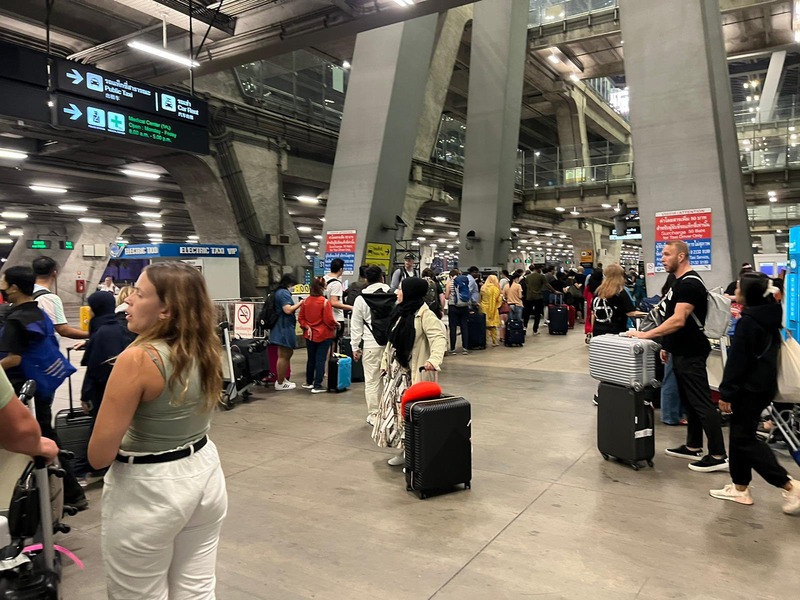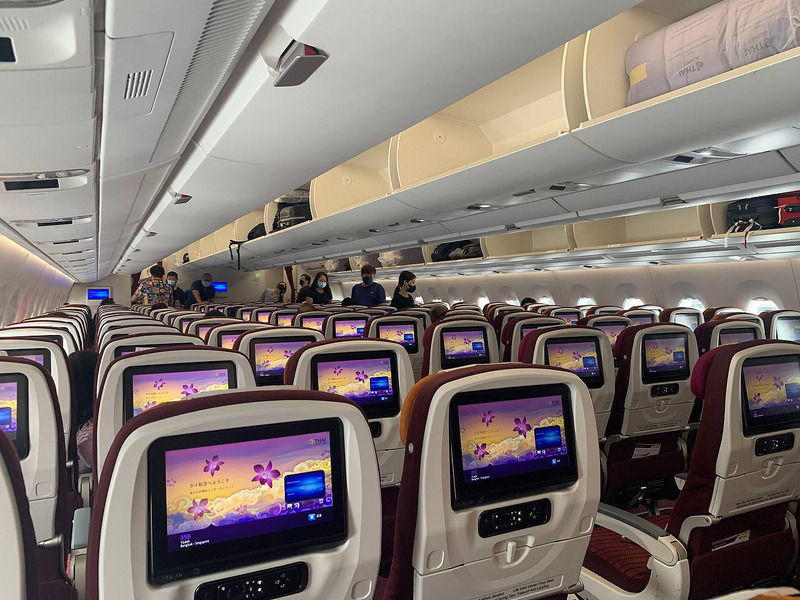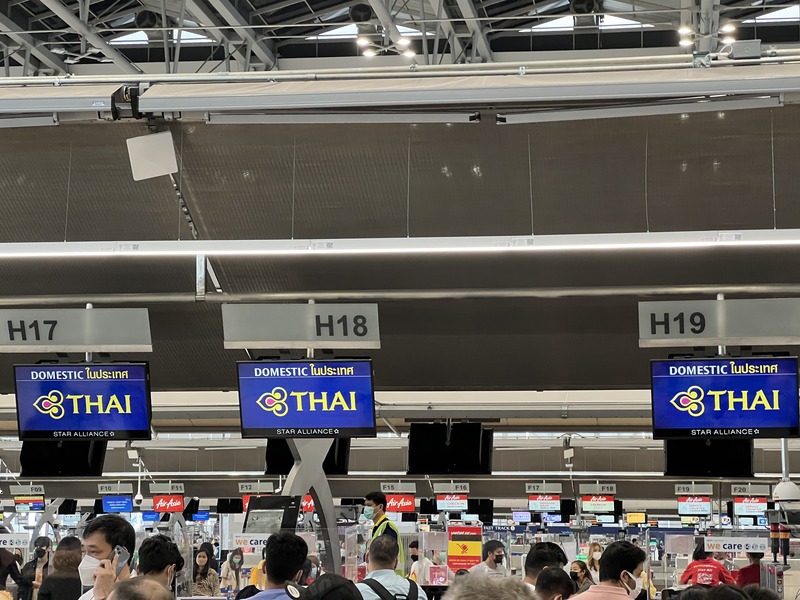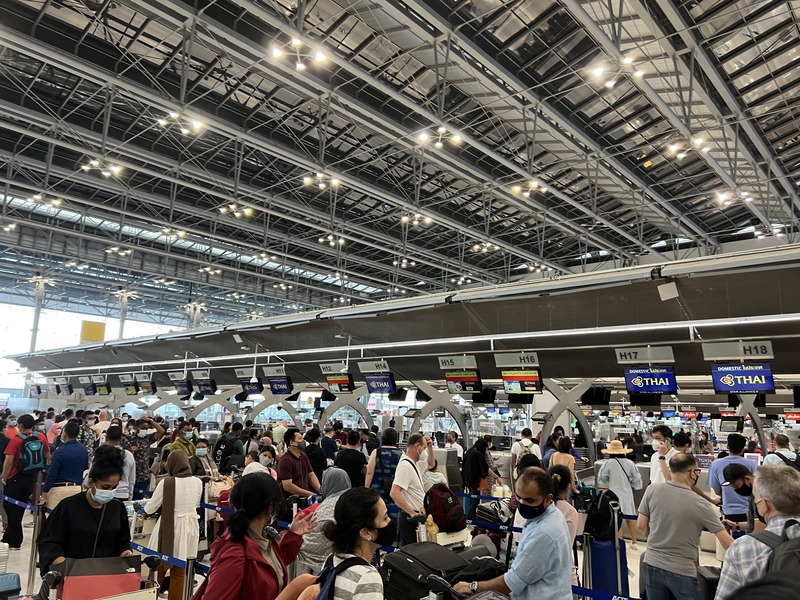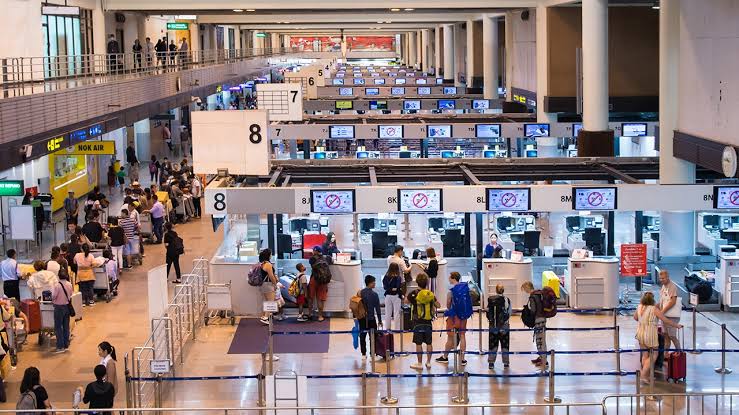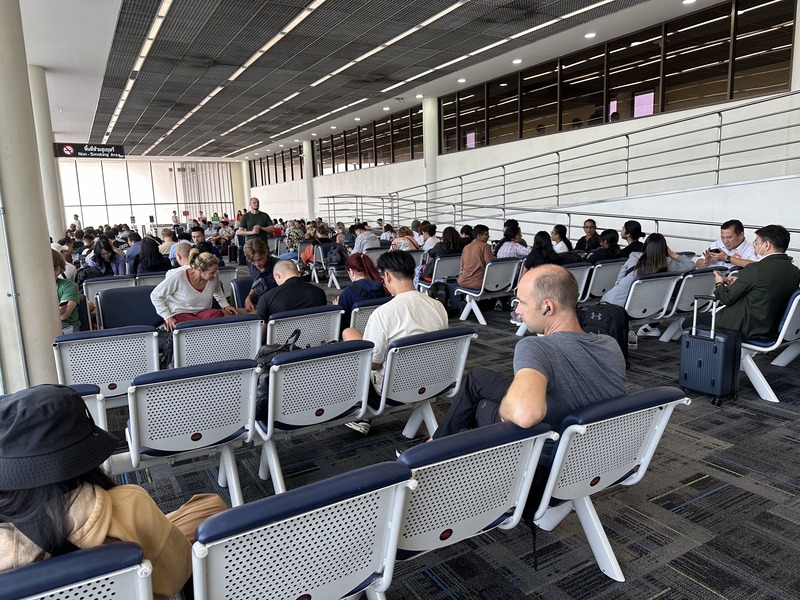
In the heart of the United Arab Emirates lies Abu Dhabi, a city that has redefined the very essence of luxury. Here, amidst the shimmering heat of the desert and the cool breeze of the Arabian Gulf, travelers find themselves immersed in a world where opulence is not just a concept, but a way of life.From palatial retreats that rival the grandeur of ancient kingdoms to ultra-modern skyscrapers that touch the clouds, Abu Dhabi's luxury hotels offer experiences that transcend the ordinary, creating memories that linger long after the journey ends.
Emirates Palace: The Epitome of Opulence
The Emirates Palace stands as the crown jewel of Abu Dhabi's luxury landscape. This architectural marvel, with its 114 domes and over 1,000 chandeliers, is a testament to Arabian grandeur. Spread across 100 hectares, the hotel boasts a private beach stretching over a kilometer and a marina that welcomes the world's most luxurious yachts.Step inside, and you're greeted by an interior adorned with gold leaf, mother-of-pearl, and crystals. The Palace Suite, a lavish 680-square-meter sanctuary, comes with a 24-hour butler service, ensuring every whim is catered to.
For the ultimate indulgence, guests can savor the signature Palace Cappuccino, sprinkled with 24-karat gold flakes, or bite into the unique camel-meat burger, also gilded in gold. With over ten dining options, including the seaside BBQ Al Qasr, culinary experiences here are nothing short of extraordinary.
- Location: West Corniche Road in Abu Dhabi, United Arab Emirates.
- Phone: +971 2 690 9000
- Check-in/Check-out Time: 3:00 PM - 11:00 AM.
- Nearby Attractions: Marina Mall, Grand Mosque, Louvre Abu Dhabi, Yas Waterworld, Formula 1, Yas Marina circuit.
Zaya Nurai Island: Boho-Chic Luxury
Just a 12-minute boat ride from Saadiyat Island lies Zaya Nurai Island, a boutique private island resort that redefines tropical luxury. This 32-villa haven offers spacious accommodations, each with its own private pool and terrace overlooking the crystal-clear waters of the Arabian Gulf.The resort's design blends contemporary chic with bohemian flair, creating an atmosphere of relaxed opulence. Guests can indulge in water sports, unwind at the lavish spa, or dine at one of the five unique restaurants, including Frangipani.
Which offers farm-to-table dining with ingredients sourced from the island's own organic garden. As night falls, the Ginger Mermaid beach bar becomes the perfect spot for stargazing while sipping on artisanal cocktails.
- Location: Coast of Abu Dhabi,United Arab Emirates.
- Phone: +971-2-506-6222
- Check-in/Check-out Time: 3:00 PM - 12:00 PM.
- Nearby Attractions: Saadiyat Beach,Louvre Abu Dhabi,Yas Mall,Yas Links Golf Course.
Qasr Al Sarab Desert Resort by Anantara: Desert Luxury
Venturing into the mesmerizing Rub al Khali desert, the Qasr Al Sarab Desert Resort by Anantara emerges like a mirage amidst endless dunes. This desert fortress offers 206 rooms, suites, and villas, each providing stunning views of the world's largest uninterrupted sand desert.The resort's Royal Pavilion Villas, accessible by helicopter or a regal camel procession, epitomize desert opulence. These exclusive villas feature private plunge pools, personal butler service, and outdoor terraces perfect for intimate starlit dinners.
Adventure seekers can embark on desert safaris, try their hand at falconry, or experience the thrill of dune bashing. For a truly unique experience, the "Dining by Design" concept allows guests to enjoy a personalized meal in the heart of the desert, surrounded by flickering lanterns and rolling sands.
- Location: Bateen Liwa Mahdar Sahab Abu Dhabi, United Arab Emirates.
- Phone: +971 2 886 2088
- Check-in/Check-out Time: 3:00 PM - 12:00 PM.
- Nearby Attractions: Liwa Oasis,Moreeb Dune,Liwa Forts,Tal Moreeb.
Jebel Hafit Desert Park: Glamping in Style
At the base of the craggy Jebel Hafit mountain, recognized as a UNESCO World Heritage site, lies a glamping experience that marries luxury with nature. The park offers three distinct accommodation options, with the crown jewel being the fully-equipped bubble tents.These transparent domes provide an unobstructed view of the starry night sky, while offering all the amenities of a five-star suite. Each bubble features a plush king-size bed, air conditioning, and a private bathroom.
Outside, guests can enjoy their own terrace with a fire pit and outdoor shower. By day, visitors can explore 5,000-year-old tombs, go mountain biking, or take guided hikes through the rugged landscape.
- Location: West Corniche, Abu Dhabi, United Arab Emirates.
- Phone: +971 3 711 8362
- Check-in/Check-out Time: 3:00 PM - 12:00 PM.
- Nearby Attractions: Etihad Towers, Observation Deck At 300, Avenue at Etihad Towers, Qasr Al Watan, Marina Mall.
Conrad Abu Dhabi Etihad Towers: The Pinnacle of Luxury
Part of the iconic five-tower complex featured in the Hollywood blockbuster "Furious 7," the Conrad Abu Dhabi Etihad Towers redefines urban luxury. Its 382 rooms and suites offer breathtaking views of the Arabian Gulf or the city skyline through floor-to-ceiling windows.The hotel's crowning glory is the Observation Deck at 300, Abu Dhabi's highest vantage point on the 74th floor. Here, guests can indulge in the city's most elevated high tea experience while enjoying panoramic views.
Culinary enthusiasts will delight in the 12 award-winning restaurants and bars, including the innovative VaKaVa, which offers a Pan-Latin dining experience curated by Michelin-starred chef Richard Sandoval.
- Location: West Corniche, Abu Dhabi, United Arab Emirates.
- Phone: +971 2 811 5555
- Check-in/Check-out Time: 3:00 PM - 12:00 PM.
- Nearby Attractions: Etihad Towers, Observation Deck At 300, Avenue at Etihad Towers, Qasr Al Hosn, Marina Mall.
The St. Regis Saadiyat Island Resort: Luxury Beach Escape
Nestled on the pristine shores of Saadiyat Island, The St. Regis offers a harmonious blend of Mediterranean-inspired luxury and environmental consciousness. The resort's 376 rooms and suites feature elegant décor, with many offering panoramic sea views and private terraces.Golf enthusiasts can tee off at the adjacent Saadiyat Beach Golf Club, an 18-hole masterpiece designed by golfing legend Gary Player. The resort's commitment to conservation is evident in its protection of the local hawksbill turtle nesting sites and the opportunity for guests to spot dolphins frolicking in the Gulf waters.
The Iridium Spa, spanning 3,500 square meters, offers customized treatments using precious gemstones and metals, providing a truly opulent wellness experience.
- Location: Al Saadiyat Island, Abu Dhabi, United Arab Emirates.
- Phone: +971 2 498 8888
- Check-in/Check-out Time: 3:00 PM - 12:00 PM.
- Nearby Attractions: Saadiyat Beach Golf Club, Louvre Abu Dhabi, Manarat Al Saadiyat, and Mamsha Al Saadiyat.
Four Seasons Hotel: Where Leisure and Luxury Intertwine
For those seeking a different kind of luxury experience, the Four Seasons Hotel Abu Dhabi at Al Maryah Island is a haven of tranquility and sophistication. This sleek, modern hotel boasts 200 spacious rooms and suites with stunning water views, plush beds, and sleek bathrooms.Guests can rejuvenate at the Dahlia Spa, indulge in a shopping spree at The Galleria, or enjoy a drink by the infinity pool before dining at one of the hotel's top restaurants.
Whether you're looking for relaxation, entertainment, or simply a luxurious retreat from the bustling city, the Four Seasons Hotel Abu Dhabi offers it all. Its prime location near Abu Dhabi Mall and its array of amenities make it an ideal choice for both leisure and business travelers.
- Location: Al Suwwah, Al Maryah Island, Abu Dhabi, United Arab Emirates.
- Phone: +971 2-333-2222
- Check-in/Check-out Time: 3:00 PM - 11:30 AM.
- Nearby Attractions: Abu Dhabi Mall, Abu Dhabi Corniche.
Hilton Abu Dhabi Yas Island: Action-Packed Luxury
Located on the vibrant Yas Bay Waterfront, Hilton Abu Dhabi Yas Island offers a unique blend of luxury and entertainment. With 545 beautifully designed rooms and suites, a large outdoor pool, and exceptional dining options.This resort is perfect for those seeking action-packed adventures. Guests can enjoy complimentary access to a private beach club and explore some of the world's best theme parks right on their doorstep.
Whether you're a thrill-seeker or just looking for a luxurious getaway, Hilton Abu Dhabi Yas Island has something for everyone. Its proximity to Yas Marina Circuit and other attractions makes it an ideal base for exploring Abu Dhabi's exciting entertainment scene.
- Location: Yas Bay Waterfront, Yas South, Yas Island, Abu Dhabi, United Arab Emirates.
- Phone: +971 2 208 6888
- Check-in/Check-out Time: 3:00 PM - 11:00 AM.
- Nearby Attractions: Yas Theme Parks, Etihad Arena, Pier71.
Al Wathba Desert Resort: A Unique Wellness Journey
Escape the hustle and bustle of city life and find serenity at Al Wathba, a Luxury Collection Hotel Abu Dhabi. Nestled in the stunning desert landscape, this boutique resort offers 103 rooms and villas adorned with traditional artwork and local accents.Guests can pamper themselves at the world-class Talise Spa or indulge in a range of dining options surrounded by breathtaking desert views.
Al Wathba Desert Resort is the perfect destination for those seeking a tranquil wellness getaway. Its serene atmosphere, combined with luxurious amenities and stunning natural beauty, makes it an unforgettable retreat from the stresses of modern life.
- Location: Al Wathba South, Abu Dhabi, United Arab Emirates.
- Phone: +971 2 204 4444
- Check-in/Check-out Time: 3:00 PM - 12:00 PM.
- Nearby Attractions: Al Sadeem Astronomy Observatory.
In Abu Dhabi, luxury is not just about lavish accommodations and gold-flecked cuisine; it's an all-encompassing experience that engages all the senses. From the moment guests arrive, whether by private jet, helicopter, or chauffeur-driven limousine, they are enveloped in a world where every desire is anticipated and fulfilled with gracious Arabian hospitality.These hotels are not mere places to stay; they are gateways to experiences that define the very essence of indulgence, ensuring that every visit to Abu Dhabi is nothing short of extraordinary.

.jpg)


.jpg)







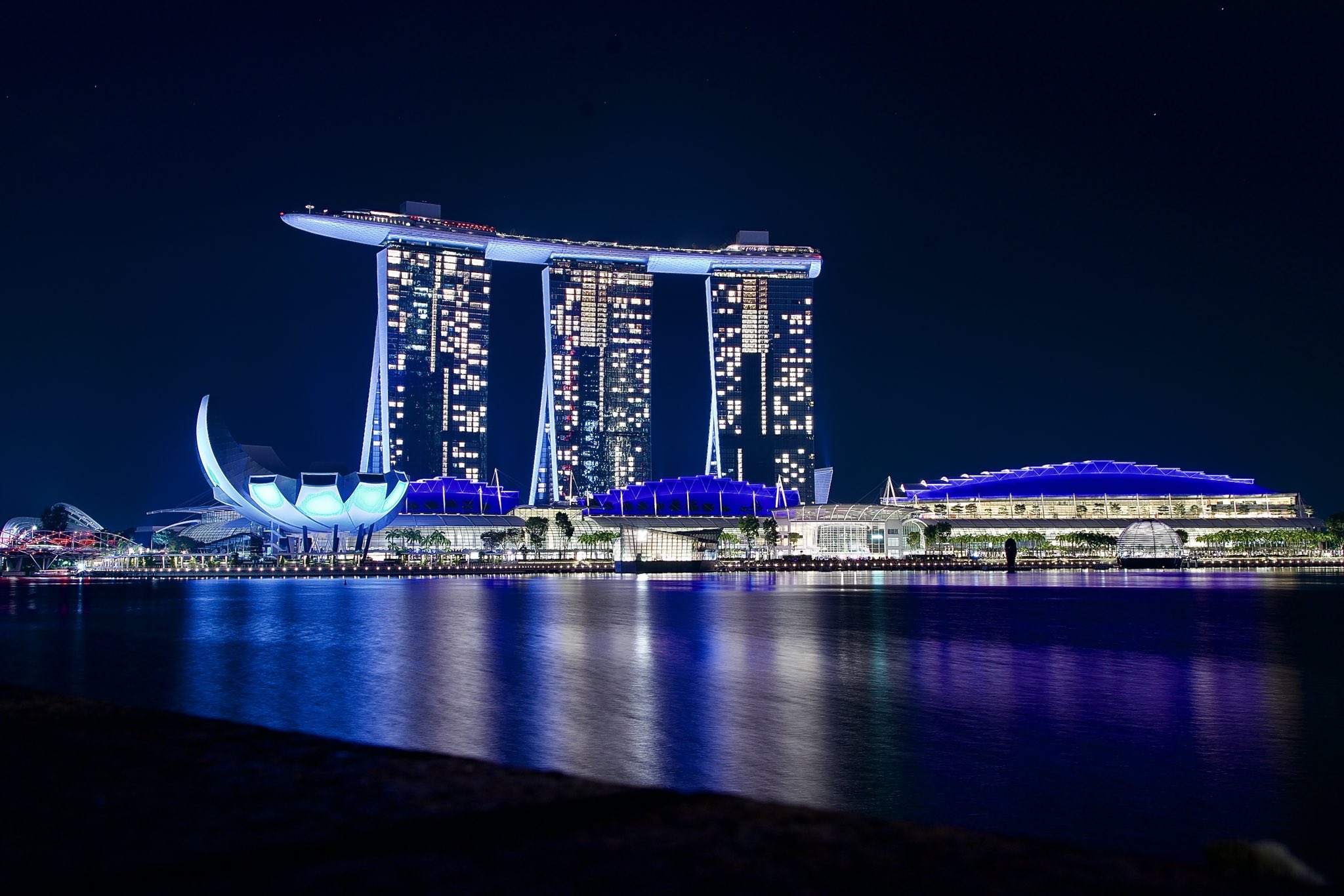
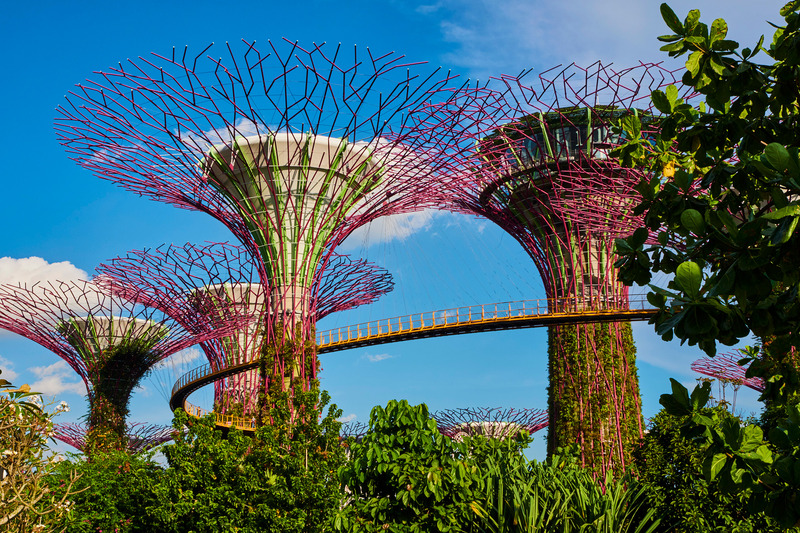

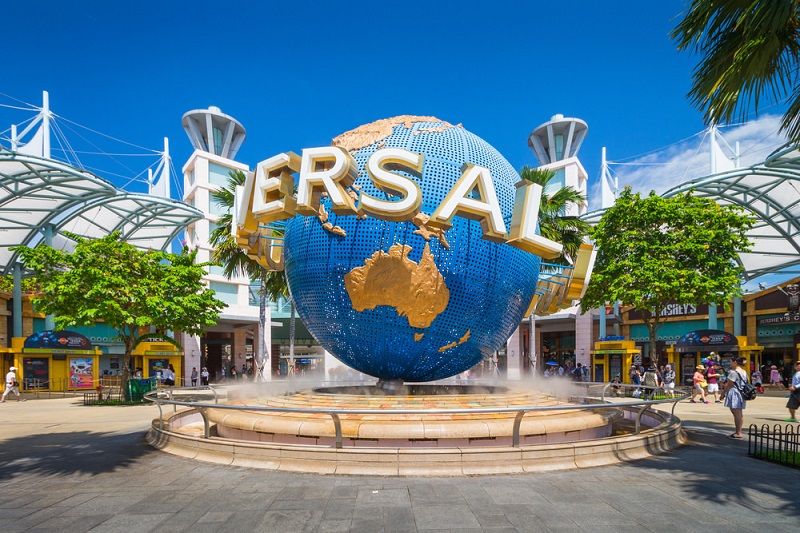
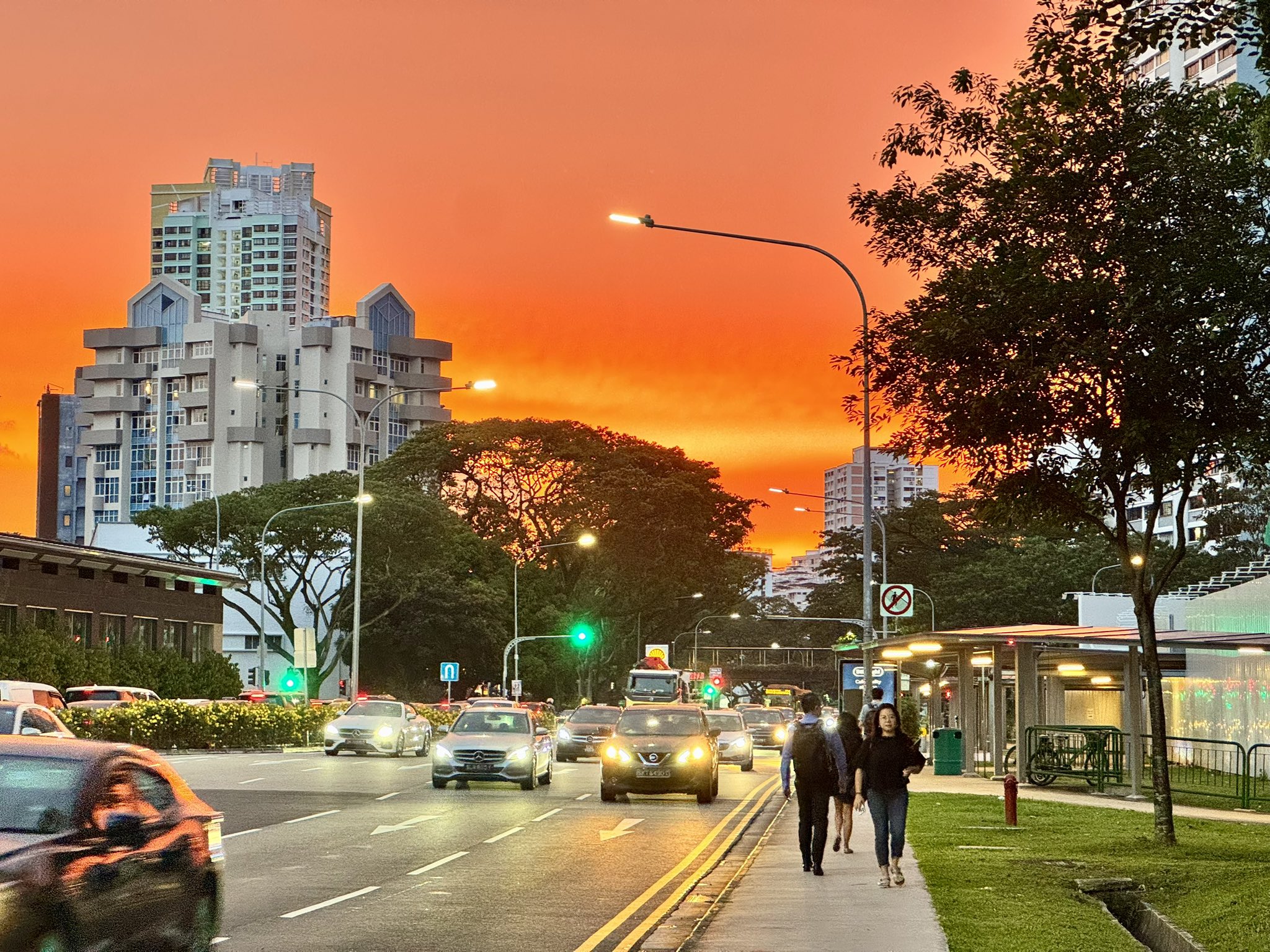

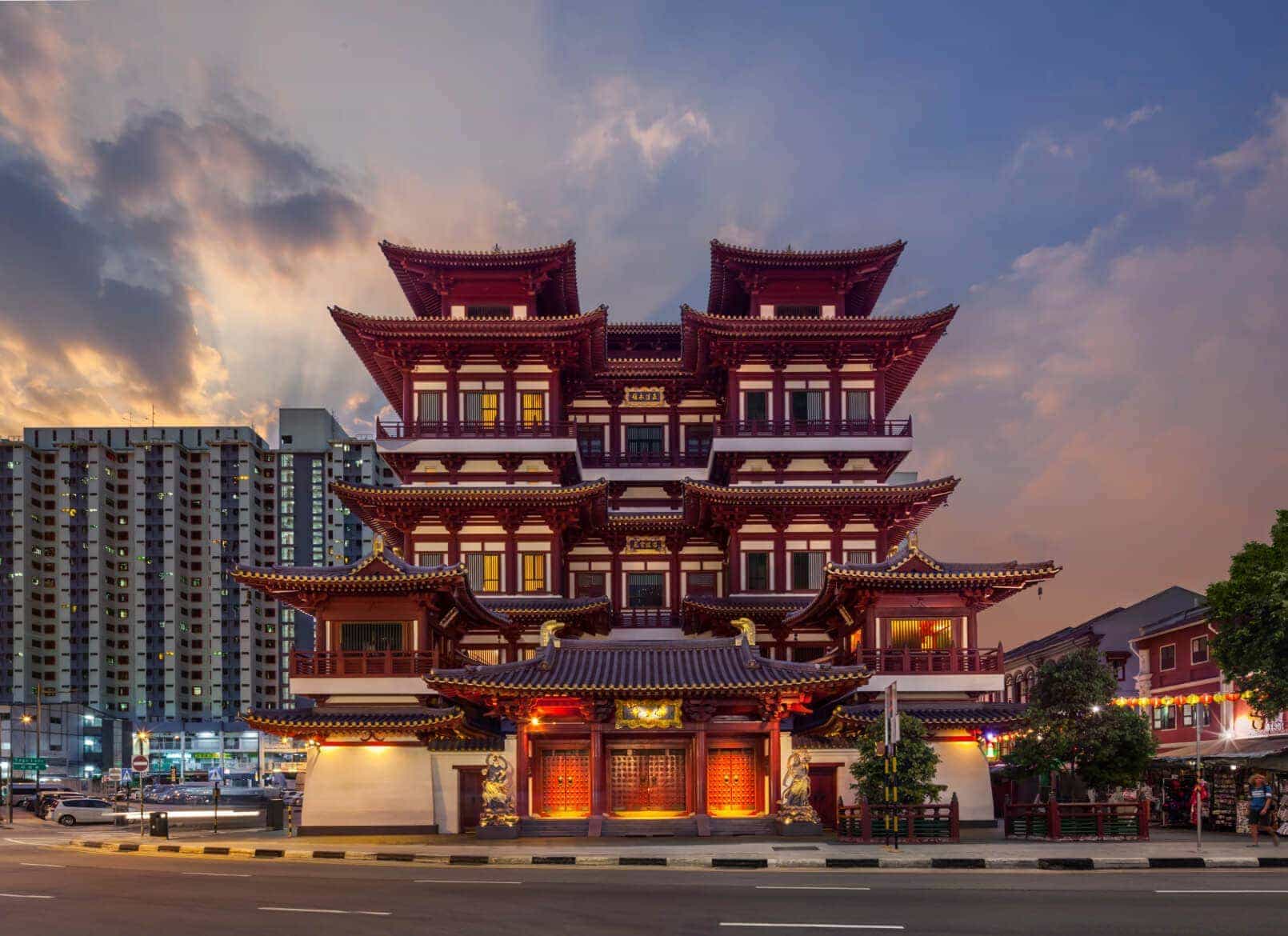
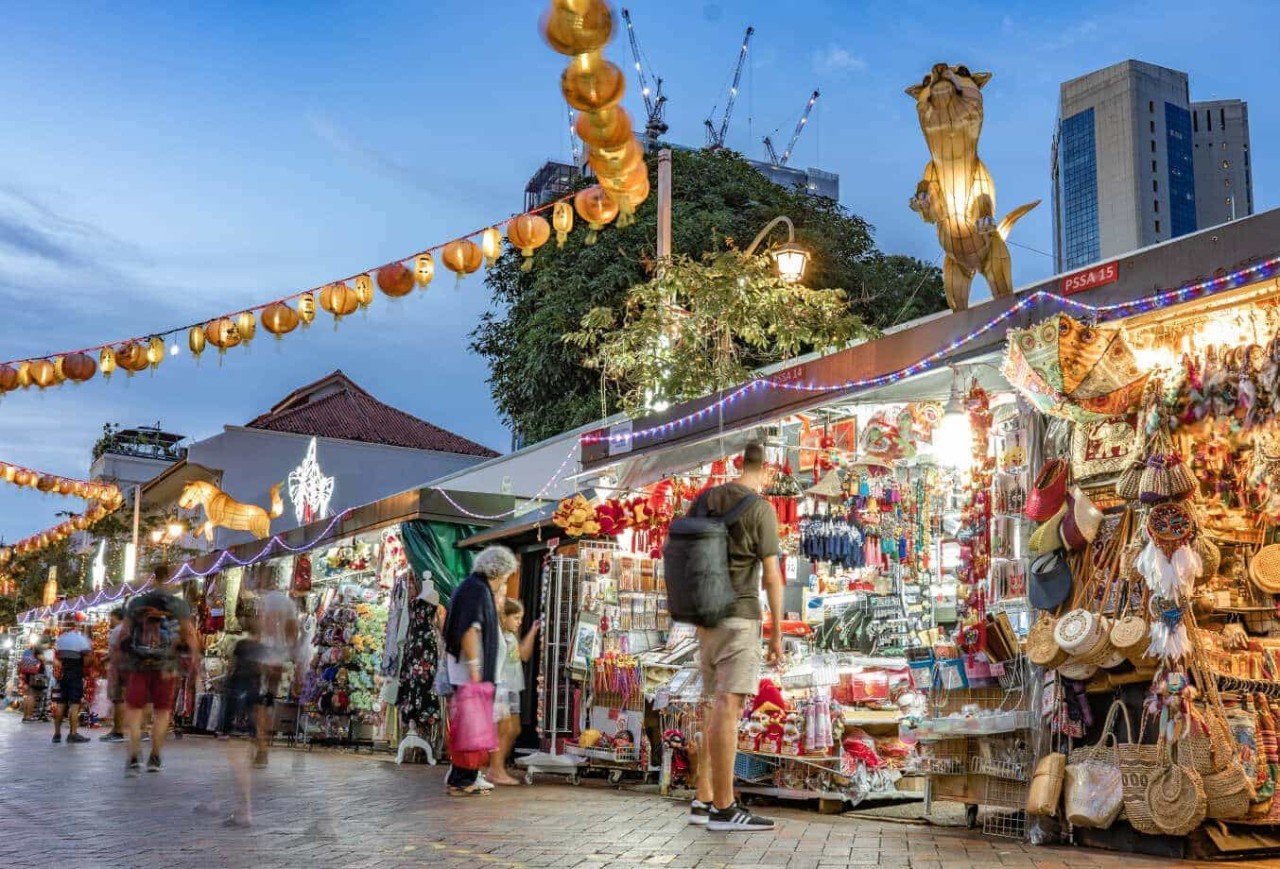
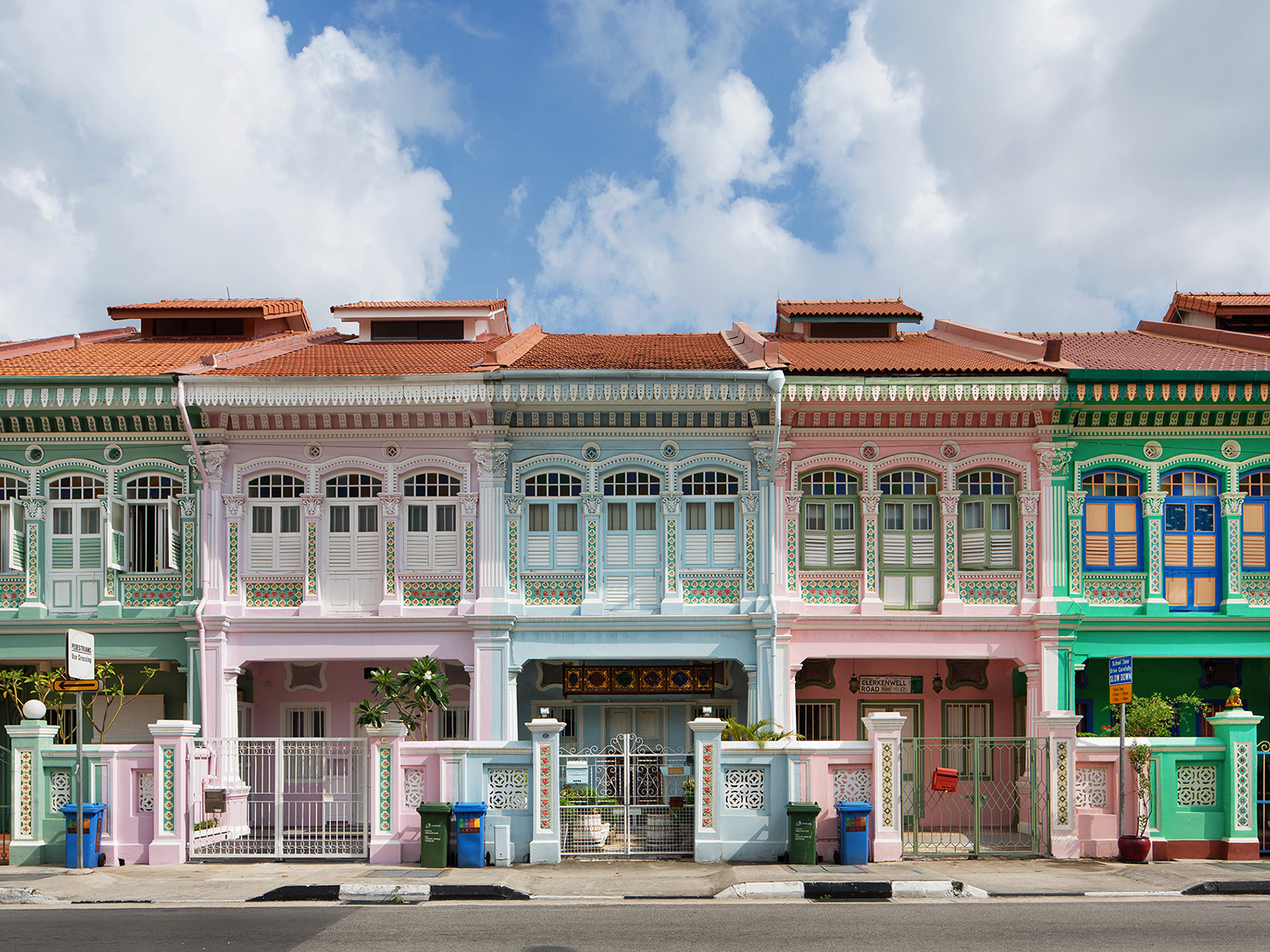
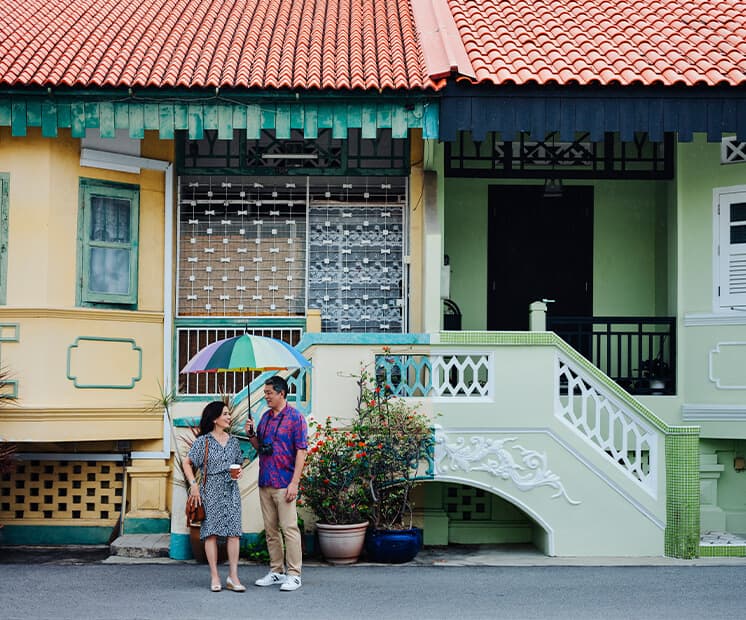
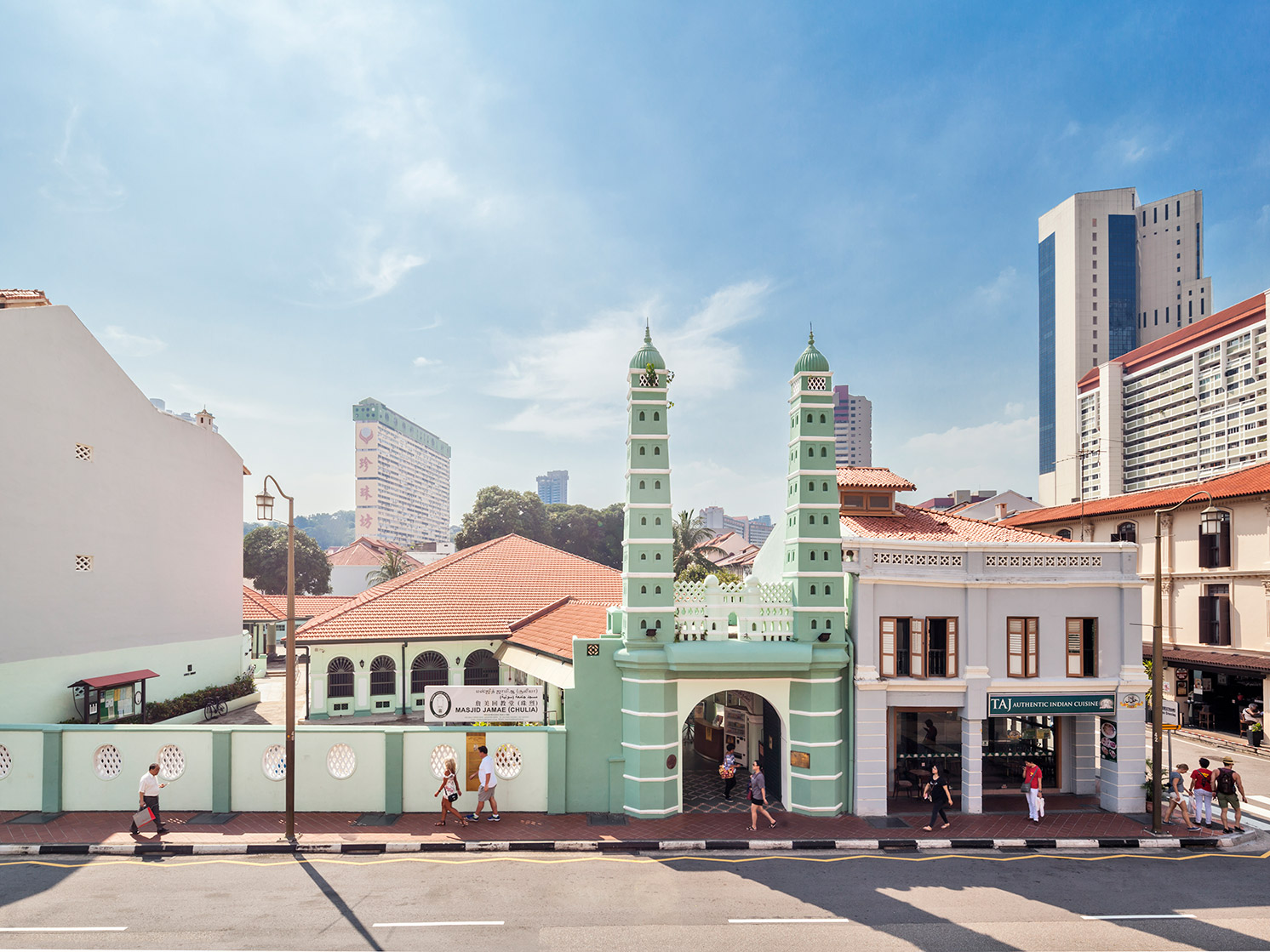








.jpg)
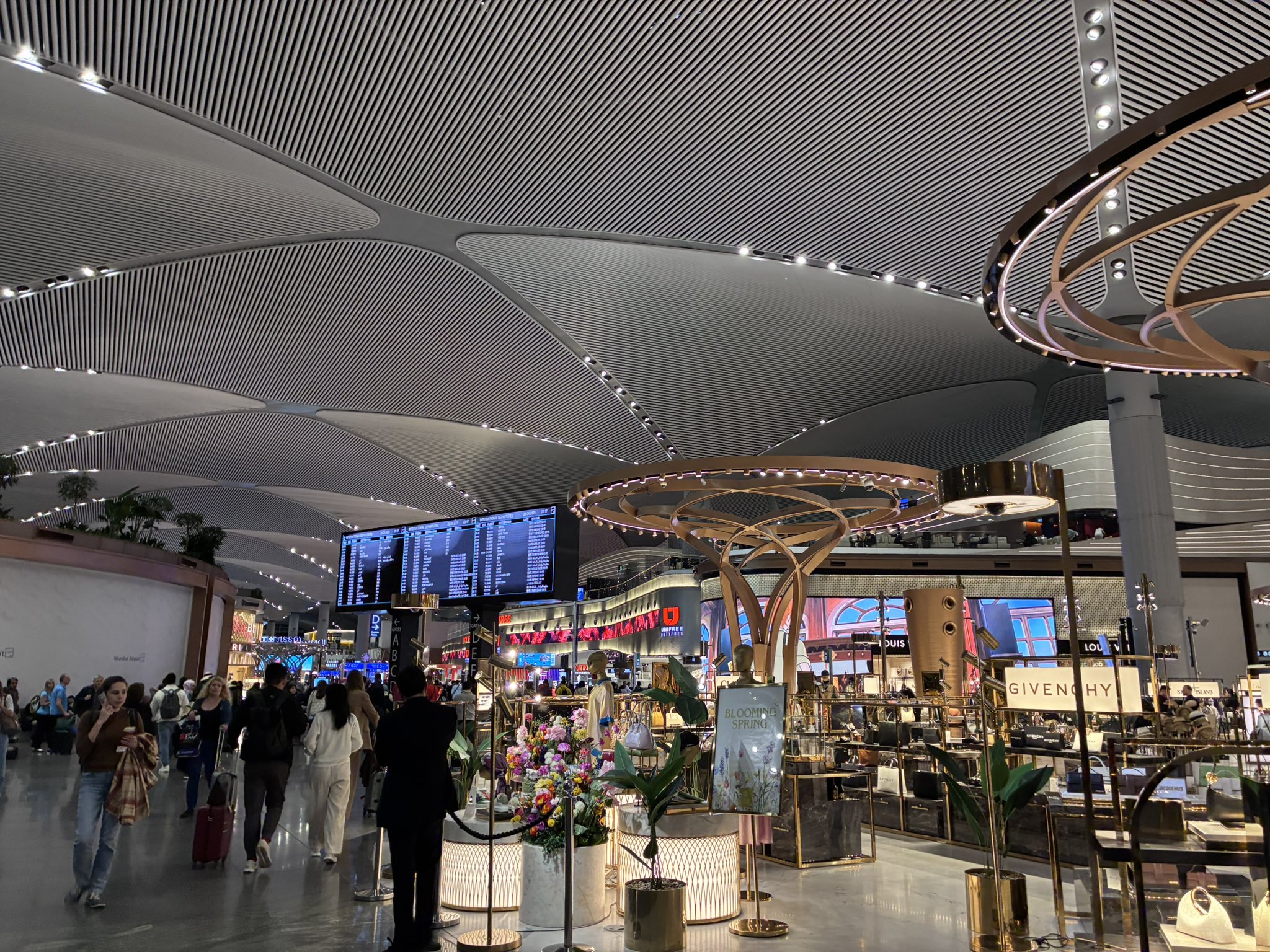
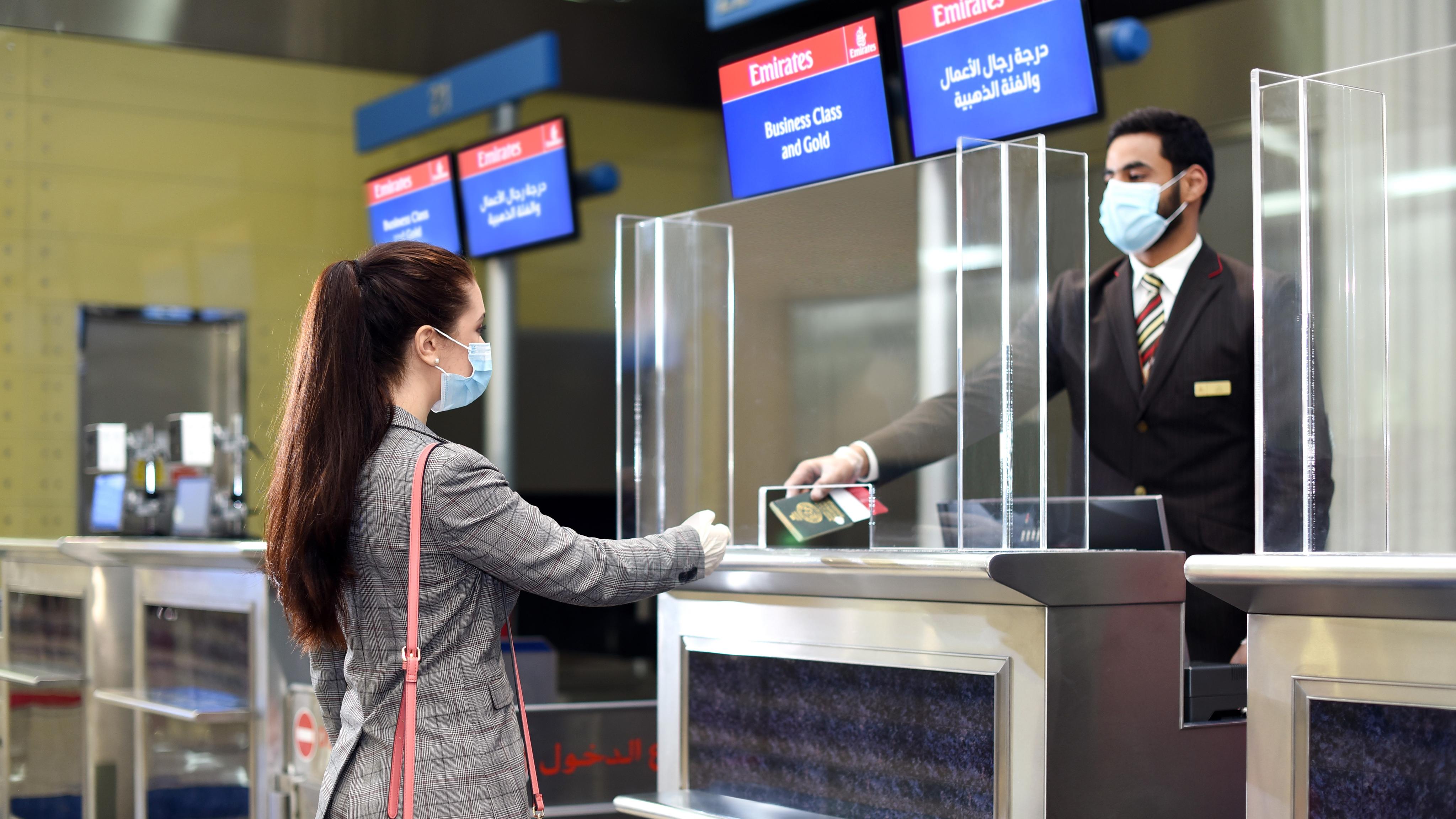

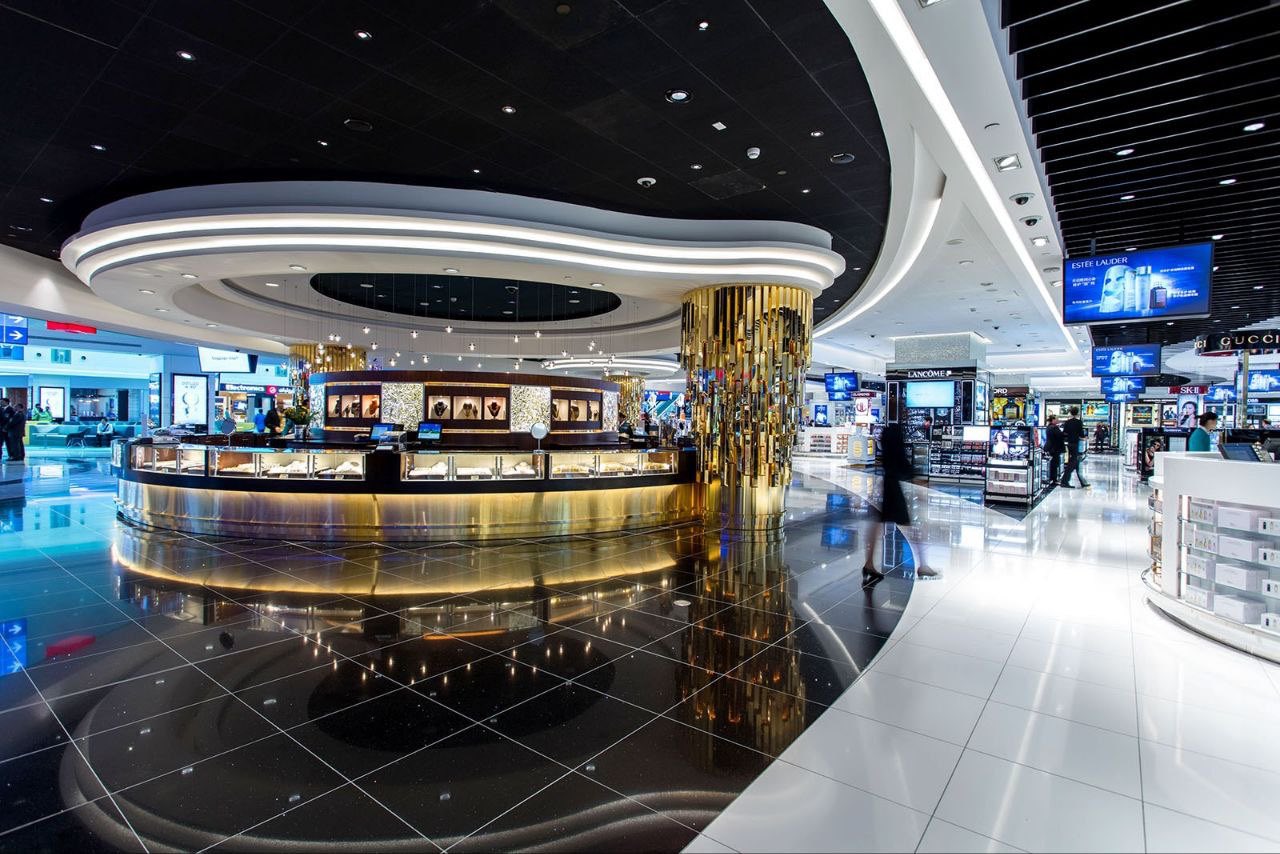
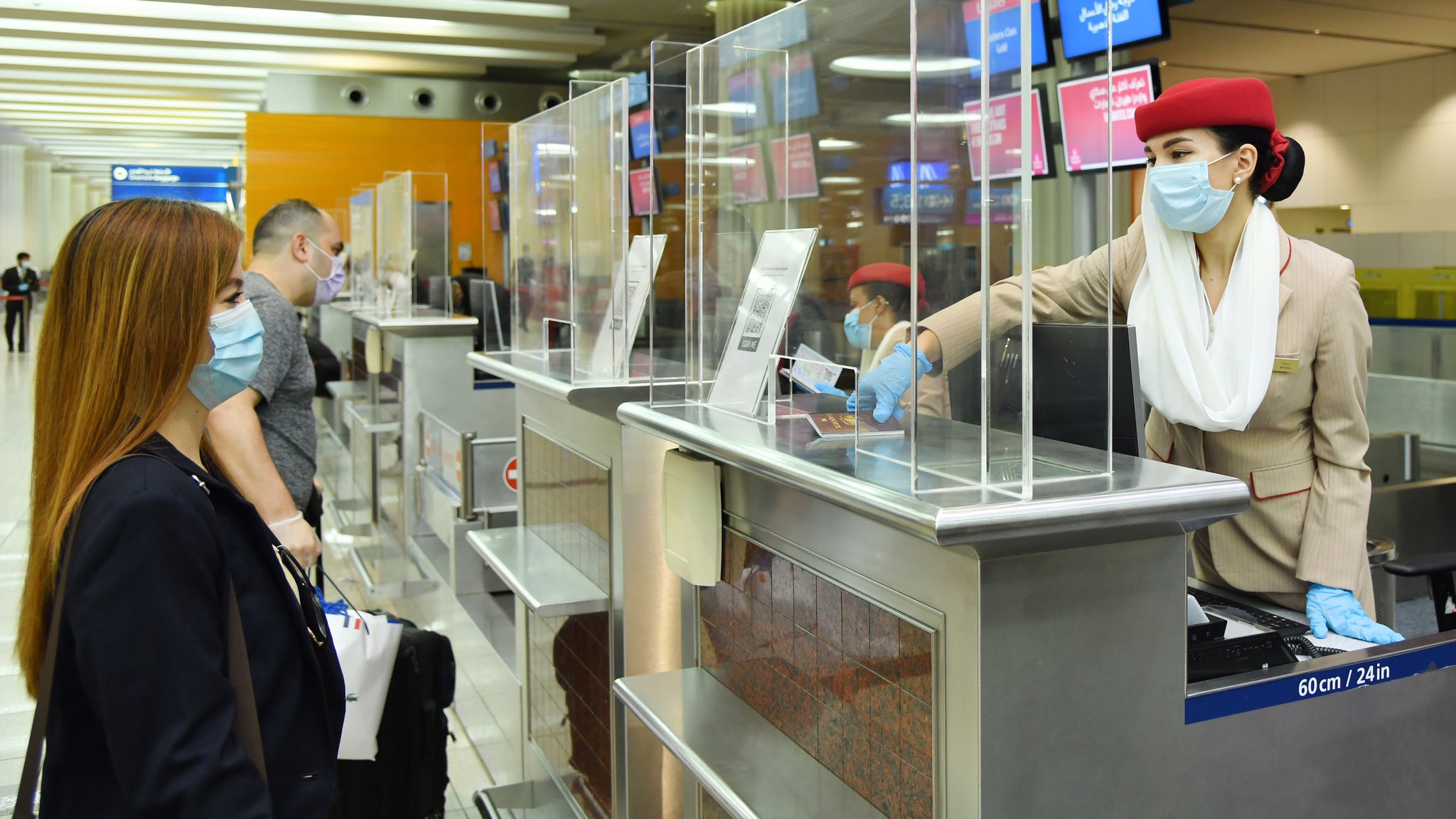
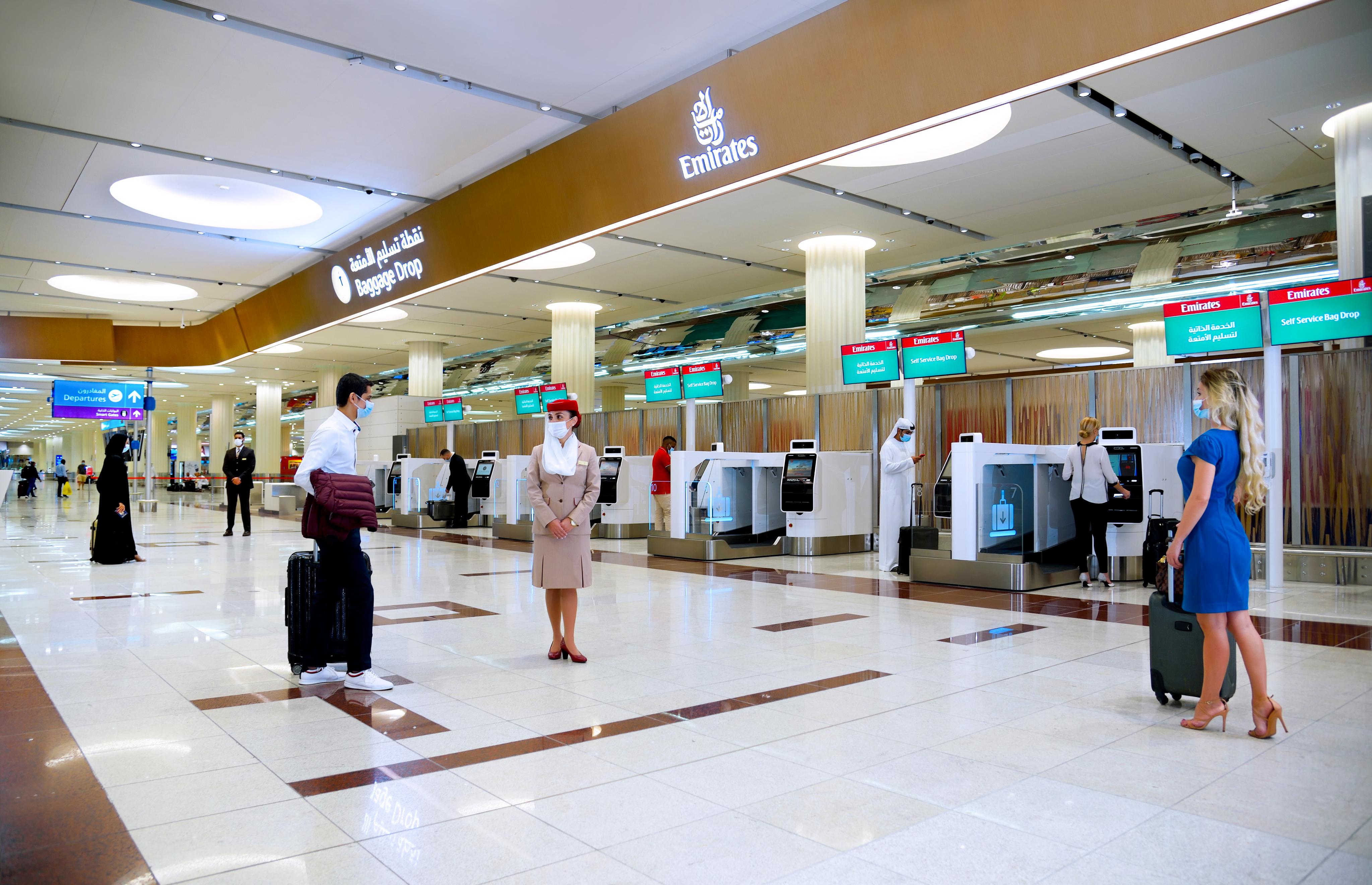
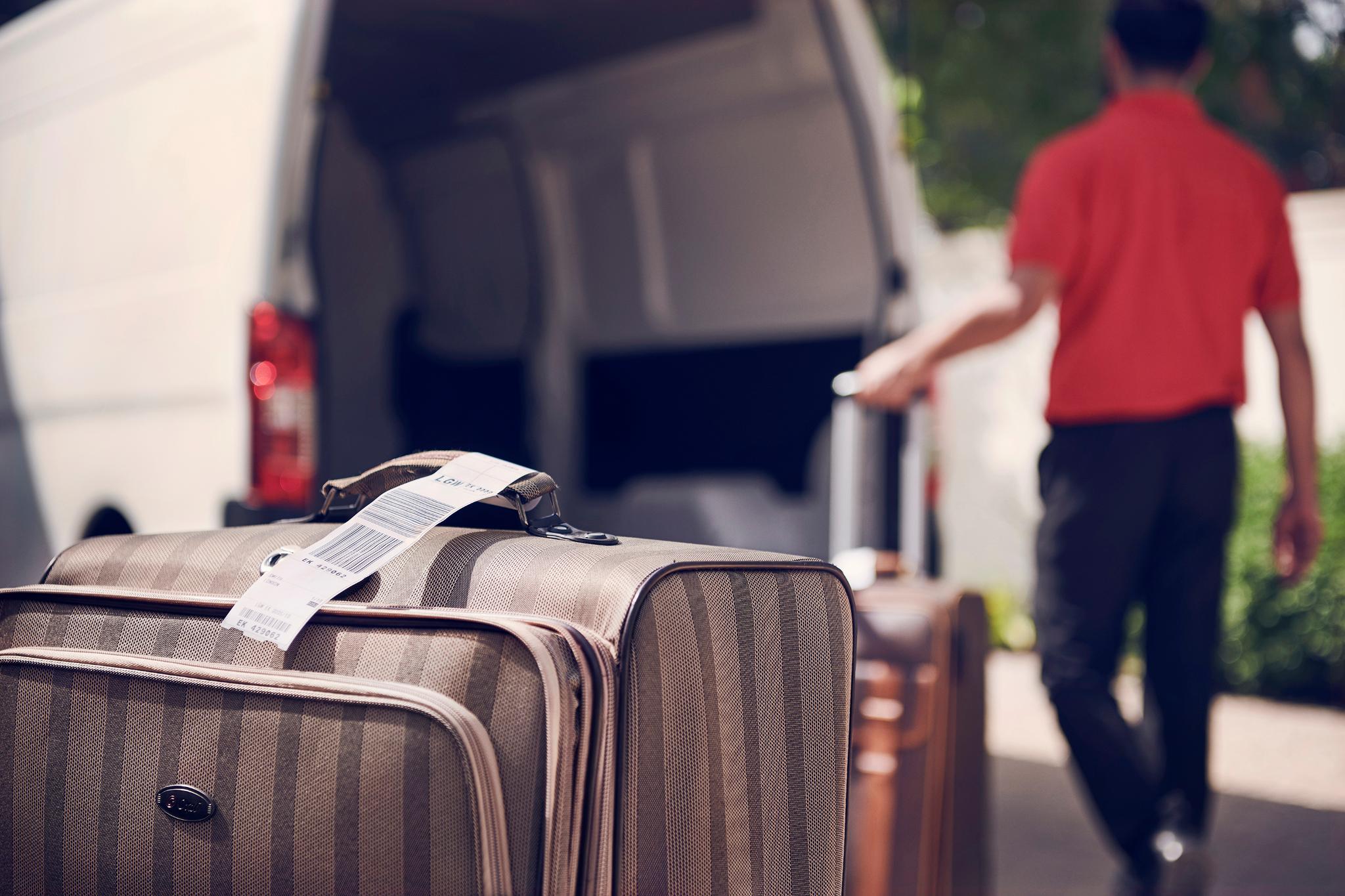
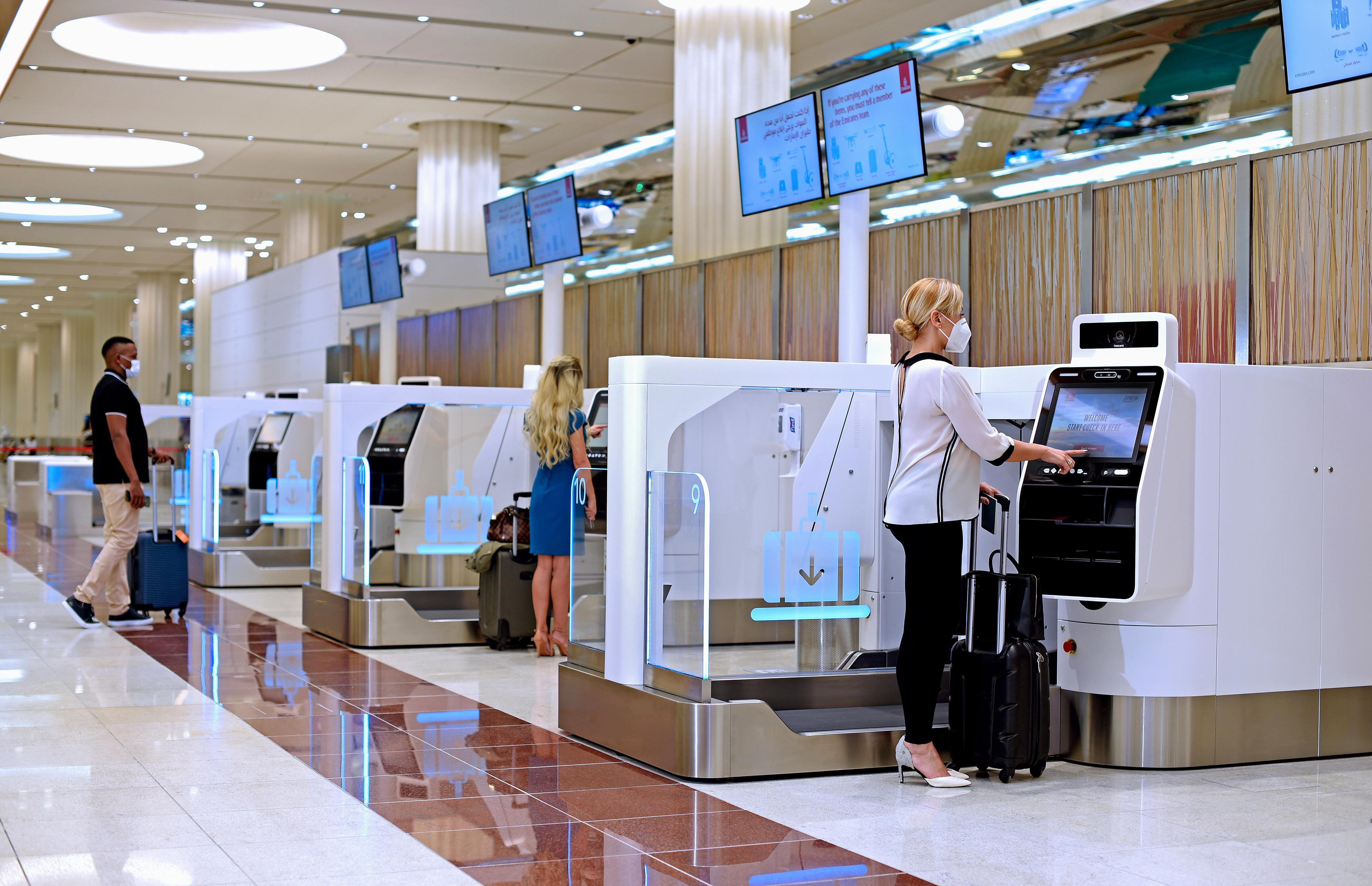
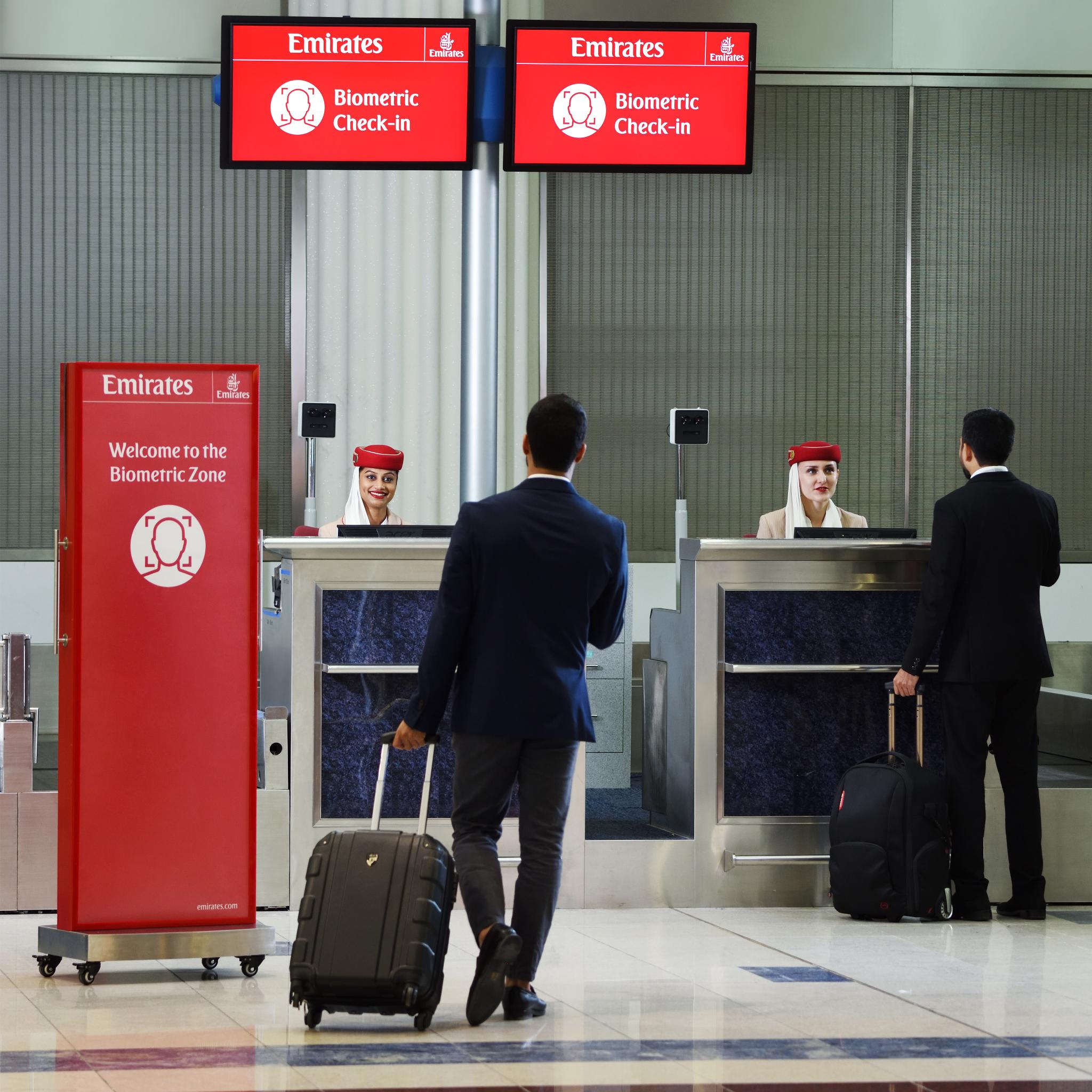


.jpg)
.jpg)





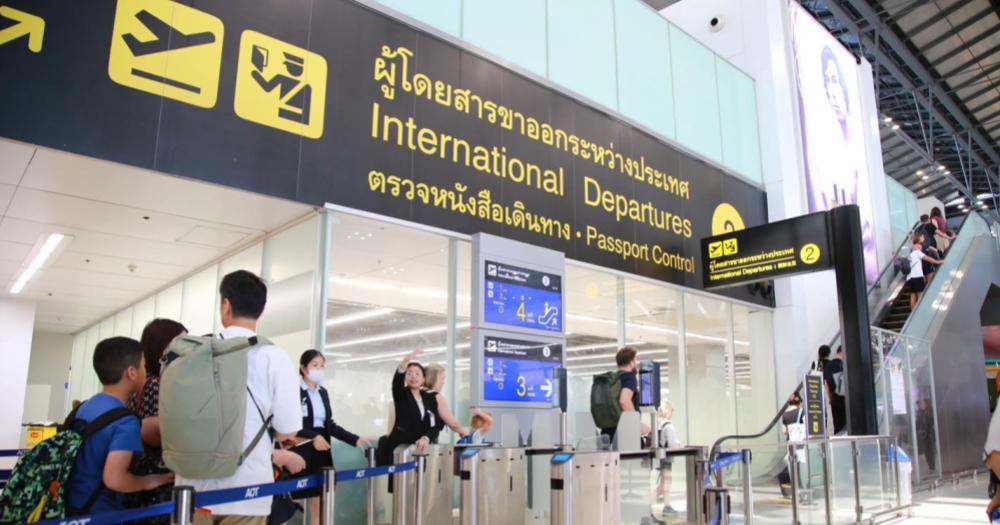
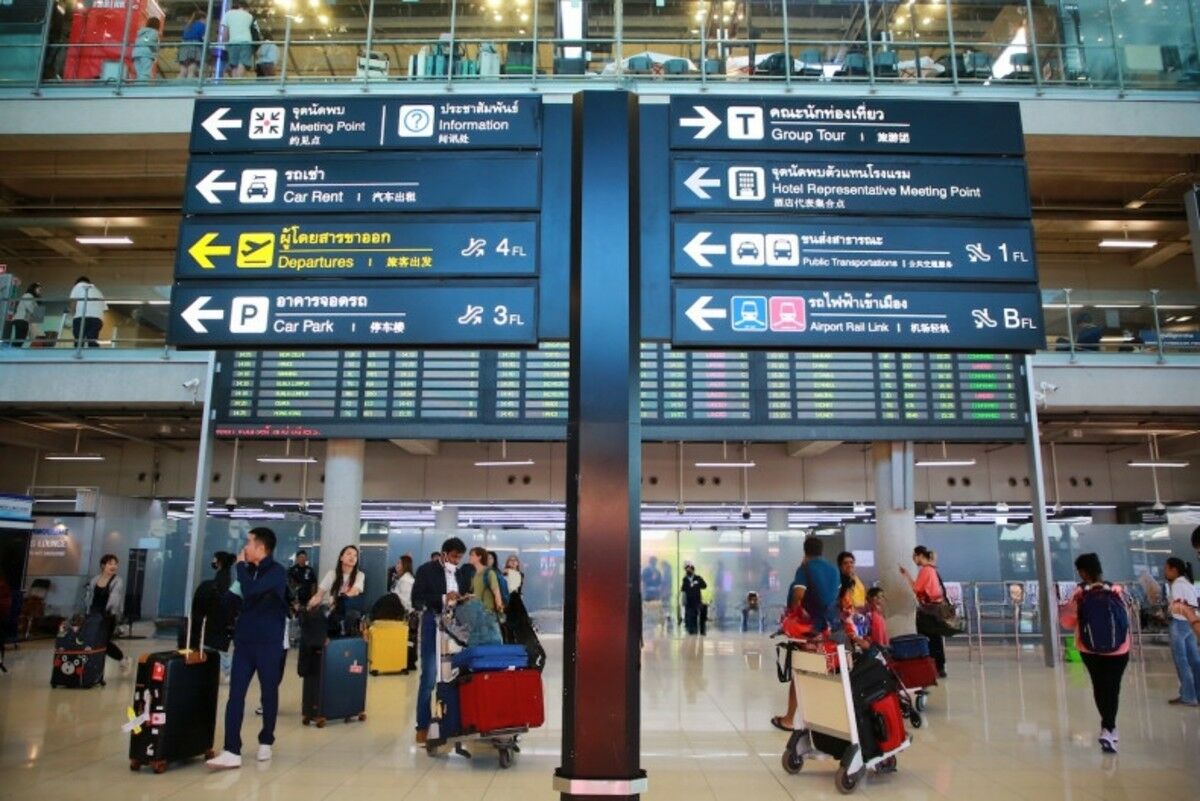
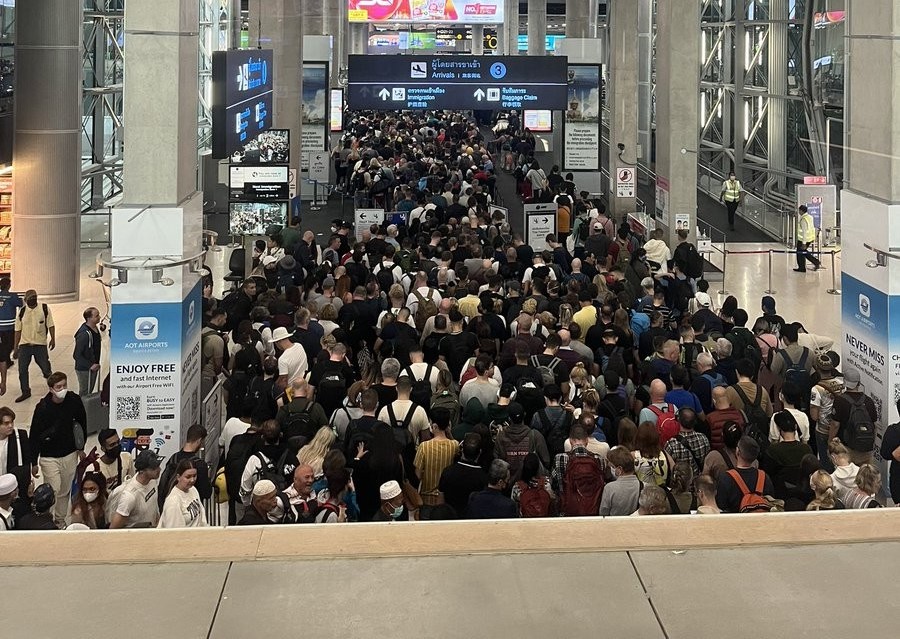
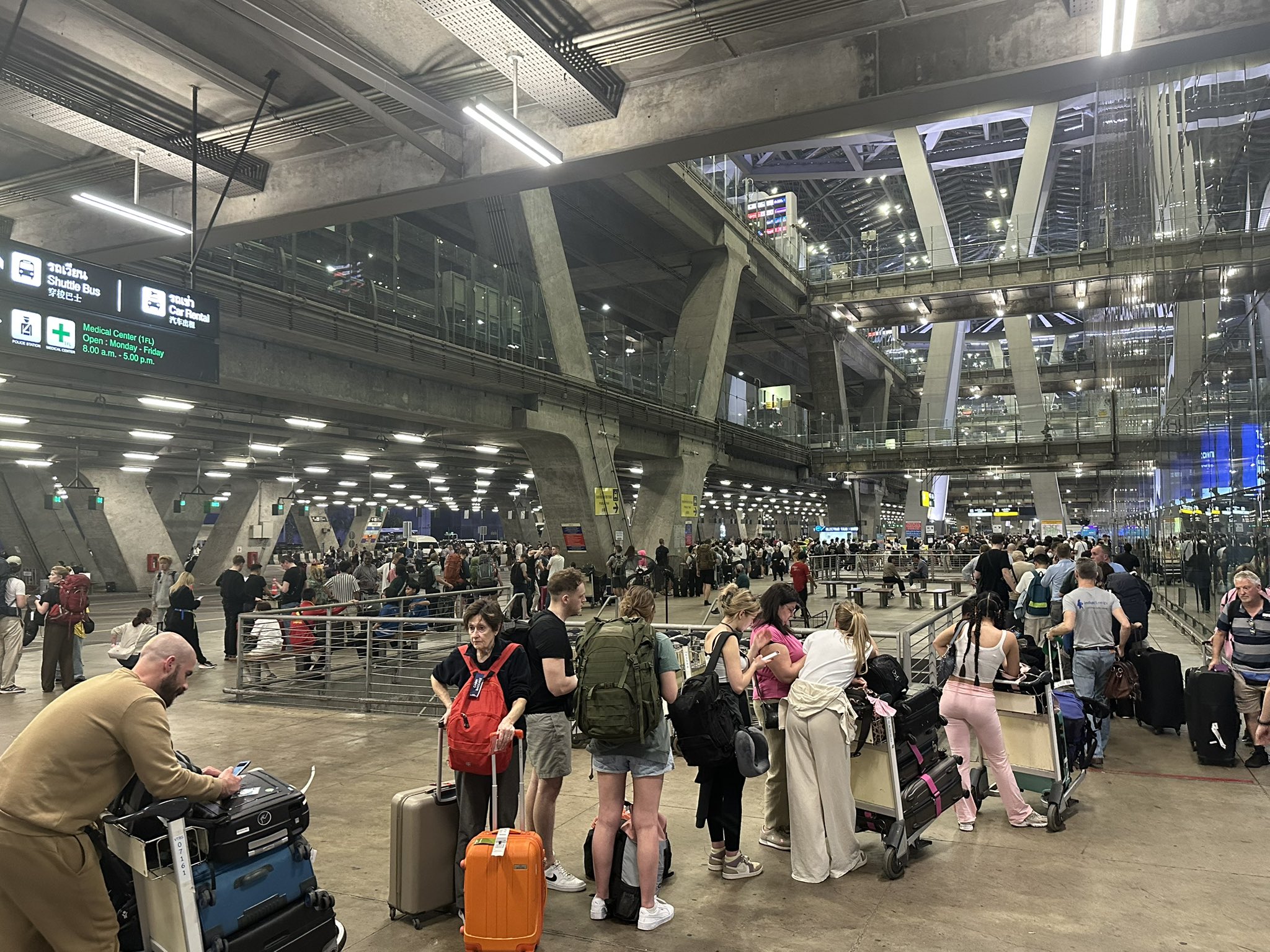
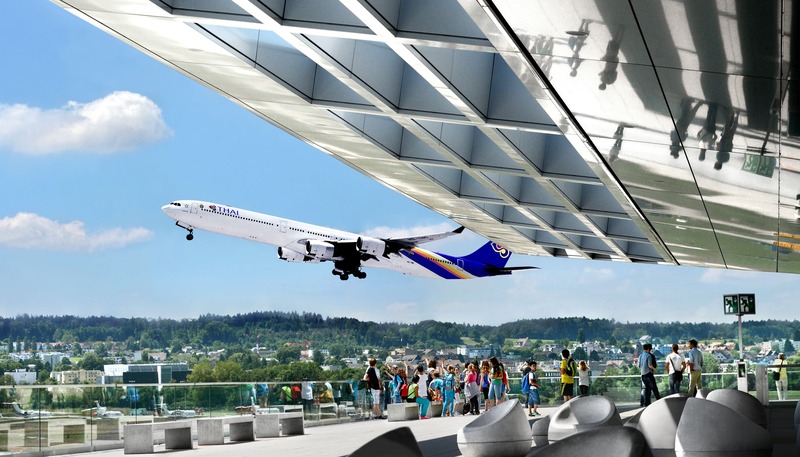
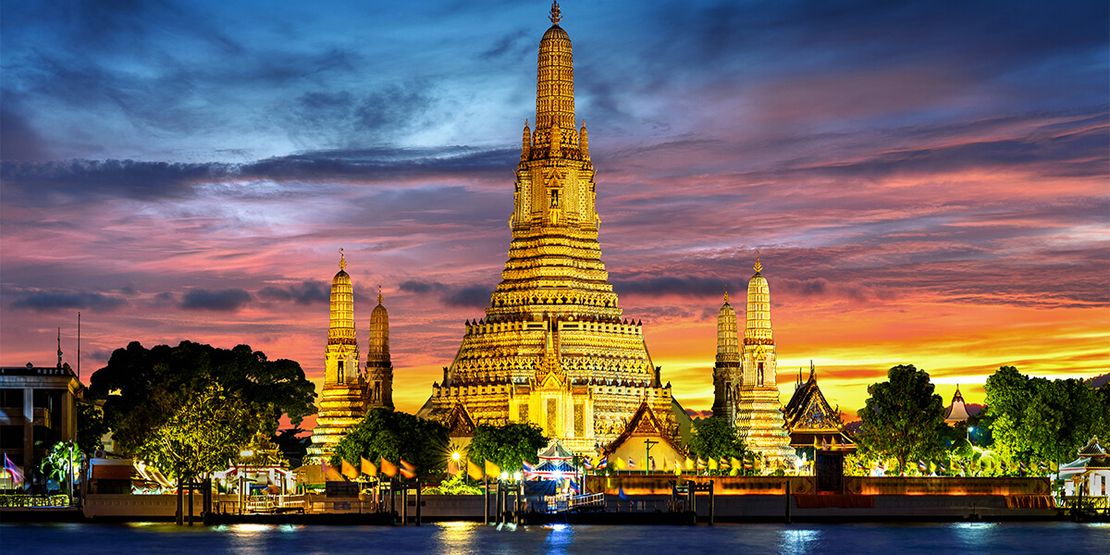





.jpeg)











